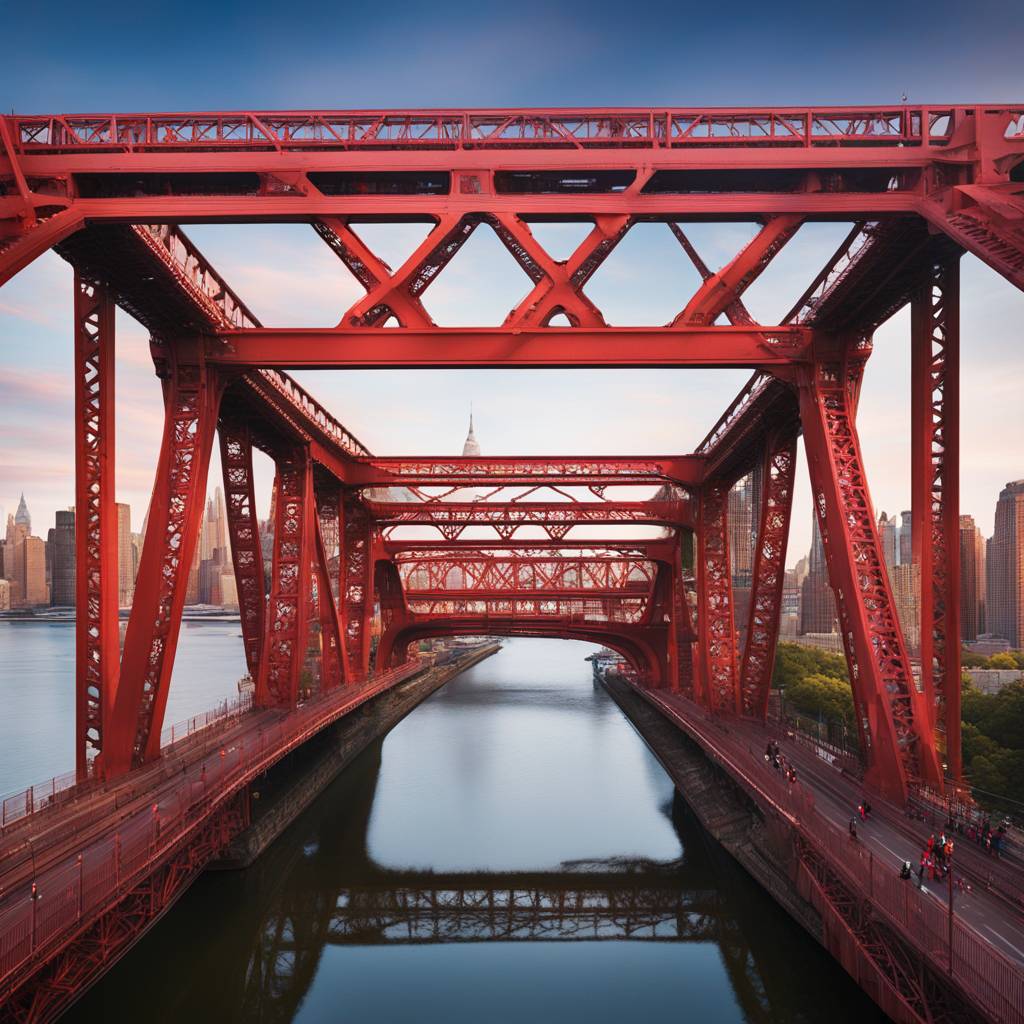The Metropolitan Transit Authority (MTA) is demanding that the organizers of New York City’s marathon pay $750,000 a year due to the loss of bridge toll revenues caused by the closure of the Verrazano-Narrows Bridge. The MTA Bridges and Tunnels President stated that taxpayers should not have to subsidize a wealthy non-government organization and that an agreement with the New York Road Runners (NYRR) must lead to full reimbursement for the lost revenue. This demand amounts to $15 per runner, with about 50,000 participants expected in the marathon.
The NYRR, which organizes the race, argues that the marathon already generates millions of dollars for the city’s economy and that the proposed $750,000 payment would make the race less affordable. The organization values its partnership with the city and state agencies that allow them to host events like the marathon and remains willing to negotiate, emphasizing the value that the MTA derives from the marathon, such as increased ridership over marathon weekend. The 2023 marathon raised over $60 million for charity, and subway ridership to the race saw the highest number of paid rides in almost four years.
The MTA recently approved congestion pricing in New York City, making it the first US city to implement such a toll. Lawmakers believe that this controversial plan will help reduce traffic congestion and fund repairs to critical infrastructure. However, there are several pending lawsuits, including one led by New Jersey Governor Phil Murphy, aimed at blocking the implementation of the congestion pricing plan. Despite these challenges, the MTA is moving forward with their plans to alleviate congestion and raise funds for infrastructure repairs.
Overall, the dispute between the MTA and the NYRR highlights the complexity of balancing financial concerns with the public interest in events like the NYC marathon. The MTA’s demand for reimbursement for lost toll revenue raises questions about the financial impact of hosting large events on public infrastructure and services. However, the NYRR argues that the benefits of the marathon, both in terms of economic stimulus and charitable contributions, outweigh the proposed payment. As negotiations continue, it remains to be seen how this issue will be resolved and what impact it may have on future events and public-private partnerships in New York City.
In conclusion, the ongoing debate surrounding the NYC marathon and the MTA’s demand for reimbursement highlights the challenges of managing public infrastructure and events in a major city. Both sides have valid arguments regarding the financial impact and benefits of the marathon, and finding a resolution that satisfies all parties may require compromise. As the situation unfolds and potential legal battles play out, it will be important to consider the broader implications for public-private partnerships and event planning in New York City.













